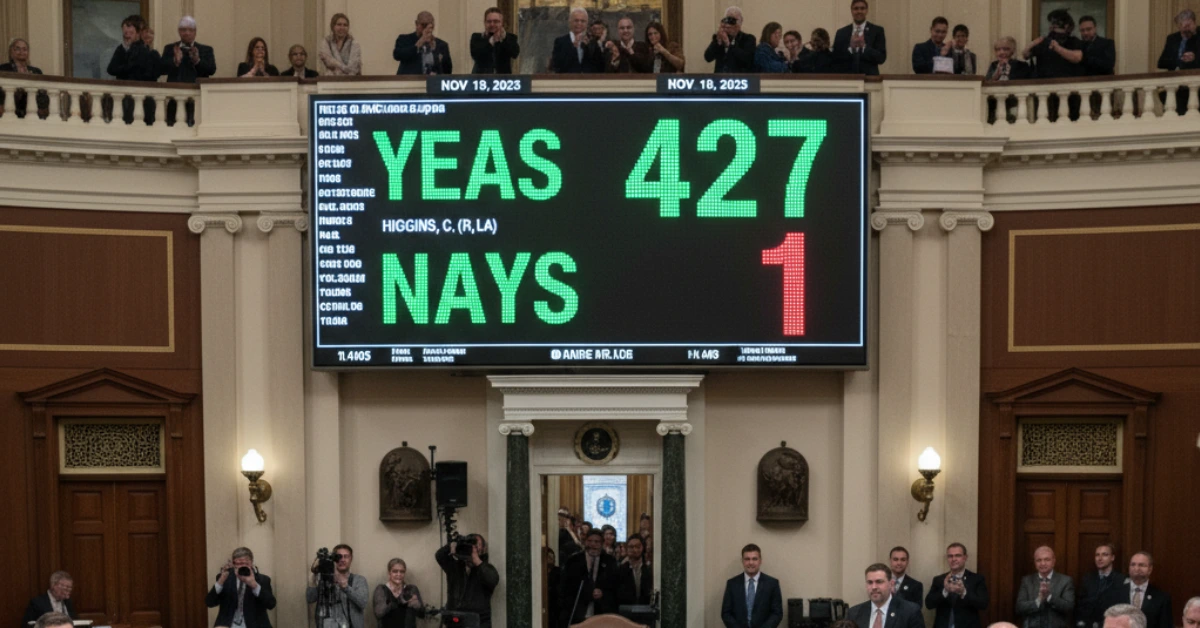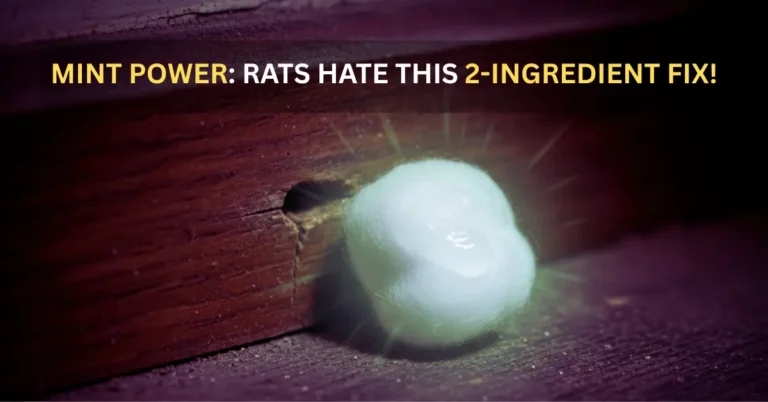427 to 1: Why Clay Higgins Was the Only Lawmaker to Vote Against Releasing the Epstein Files

It was a moment of rare, almost impossible unity in a fractured Washington. On November 18, 2025, the House of Representatives voted to tear down the wall of secrecy surrounding the Jeffrey Epstein investigation.
The final tally was staggering: 427 Yeas to 1 Nay.
Amidst the applause and the tears of survivors gathered outside the Capitol, a single red light glowed on the voting board. Representative Clay Higgins (R-LA) stood alone against the measure, defying his party, the President, and the overwhelming pressure of public opinion.
Why did the “Cajun John Wayne” vote to keep the files closed? The answer lies not in a conspiracy, but in a rigid defense of what Higgins calls “250 years of criminal justice procedure.”
The Lone Dissenter: “A Principled NO”
While conspiracy theorists immediately flooded social media accusing Higgins of being compromised, the Congressman argued his vote was a defense of the innocent, not the guilty.
Higgins—a former law enforcement officer—warned that H.R. 4405 (The Epstein Files Transparency Act) sets a dangerous precedent. Unlike standard court documents, this bill forces the release of raw investigative files from the FBI and DOJ. These files contain:
- Unverified leads and hearsay.
- Field notes on individuals never charged with a crime.
- Interviews with witnesses and alibis.
“It abandons 250 years of criminal justice procedure in America,” Higgins declared in a statement following the vote. “It will reveal and injure thousands of innocent people—witnesses, people who provided alibis, family members.”
Higgins argued that the House Oversight Committee, which has already released 60,000 redacted pages, was the proper venue for transparency—not a blunt legislative mandate that strips “uncharged third parties” of their privacy rights.
Inside the Vote: A Legislative Rebellion
The road to the 427-1 vote was paved by an unlikely alliance that broke the grip of House leadership.
For months, Speaker Mike Johnson blocked the bill, citing the same legal concerns as Higgins. But a “discharge petition”—a rare parliamentary “nuclear option”—forced the bill to the floor. The petition was masterminded by an odd couple:
- Rep. Thomas Massie (R-KY): A libertarian firebrand.
- Rep. Ro Khanna (D-CA): A progressive institutional reformer.
The petition gathered dust until November, when newly sworn-in Democrat Adelita Grijalva signed it, hitting the critical 218 signatures needed to bypass the Speaker.
Table: The Historic Roll Call (H.R. 4405)
| Party | Yea | Nay | Not Voting | Participation |
| Republican | 212 | 1 | 2 | 99.0% |
| Democrat | 215 | 0 | 3 | 98.6% |
| Total | 427 | 1 | 5 | 99.7% |
The Trump Factor: From “Hoax” to “Sign It”
The vote might have been closer had it not been for a stunning reversal by President Donald Trump.
For most of 2025, the White House opposed the release, labeling it a “Democrat hoax” and a distraction. But facing a successful discharge petition and a MAGA base demanding answers, Trump flipped just 48 hours before the vote.
“I don’t want the Epstein files to detract from the great success of the Republican Party,” Trump told reporters, promising to sign the bill immediately. This green-lit the Republican conference to vote “Yea,” leaving Higgins as the sole holdout on the right.
What Happens Next? The 30-Day Countdown
With the Senate passing the bill via unanimous consent the same day, the clock is now ticking. The Department of Justice has a strict 30-day window to release the files.
However, the legal battle is likely just beginning.
- The “John Does”: Legal experts anticipate a wave of emergency lawsuits from individuals named in the files who were never charged with a crime.
- The Redaction War: The bill prohibits redactions for “reputational harm,” meaning the raw details of the investigation—verified or not—will soon be public.
For the 427 members who voted “Yea,” this is a victory for transparency and a long-awaited reckoning for survivors. For Clay Higgins, it is the beginning of a “glass house” era where due process is sacrificed for political expediency.
By Christmas, the world will know what is in the files. But as Higgins warned, we may also learn the cost of knowing.









